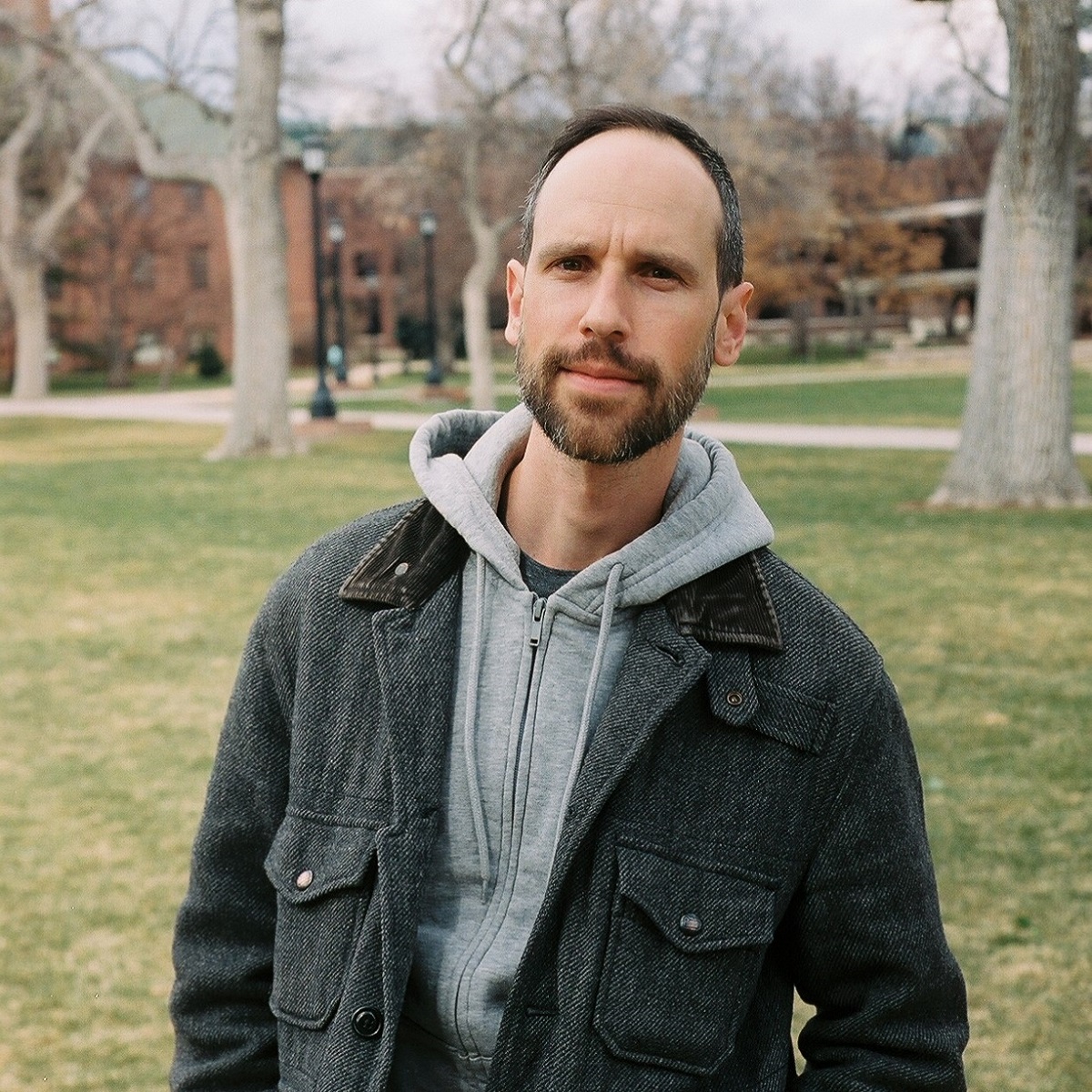Colorado College Assistant Professor of English Sylvan Goldberg has received the Eugene Garfield Fellowship at the American Philosophical Society's Library & Museum in Philadelphia.
As a 2020-21 Library & Museum Resident Research Fellow, Goldberg will have access to the library and museum's archives, enabling him to further research his current book, tentatively titled "Generation: Crisis, Continuity, Sentiment, and Science in Nineteenth-Century America."
"In this project, I look at the overlapping discourses of science and sentimentalism in the 19th-century, and in particular the way they think about the concept of 'generation,' as in the production of life, but also the term we use to refer to people born in the same historical moment," says Goldberg, who joined the Colorado College English Department in 2017.
During the fellowship period, Goldberg will specifically be conducting research on "spontaneous generation," a concept in biology that pre-dates Darwinian evolution, and which Darwin's ideas helped to displace.
"I'll be looking at what traction the idea had within the U.S. scientific community in the 19th century; thus far, scholars of U.S. scientific history have tended to marginalize the concept because Darwin's ideas on evolution took hold over here pretty quickly. But in fact, the concept doesn't disappear completely with the acceptance of Darwin's ideas, so I think there's more there to tell," he says.
Goldberg says although the history of scientific experiments intended to prove or disprove spontaneous generation has been told in its European context, the U.S. side of the story hasn't been discussed all that much, despite the fact that the concept of spontaneous generation shows up widely across popular culture in the U.S.
"The work I plan to do at APS will thus be focused on adding a U.S. chapter to the scientific histories of spontaneous generation that have thus far remained limited to debates in Europe. The library's holdings in the history of science and natural history - especially its collections on Louis Agassiz, Asa Gray, Joseph Henry, and other prominent figures within the 19th-century U.S. scientific community - will help me trace the way debates over spontaneous generation extended beyond the boundaries of European experimentation and beyond the confines of the scientific community," says Goldberg.
"We are thrilled to welcome a new class of fellows to the library and museum. Our fellows conduct cutting edge research in a wide range of fields, and every year they make new discoveries in our collections that change what we know about our past," says Patrick Spero, the American Philosophical Society librarian.
The American Philosophical Society, the oldest learned society in the United States, was founded in 1743 by Benjamin Franklin for the purposes of "promoting useful knowledge." In the 21st-century, it serves to advance knowledge and promote scholarship in the humanities and social, mathematical, life, and physical sciences. Its collections make it among the premier institutions for documenting and exhibiting the history of the American Revolution and founding, the history of science from Newton to NASA, Native American languages and culture, and the development of American anthropology. The library houses more than 14 million manuscripts, 275,000 volumes and bound periodicals, 250,000 images, fine art, and other objects.






